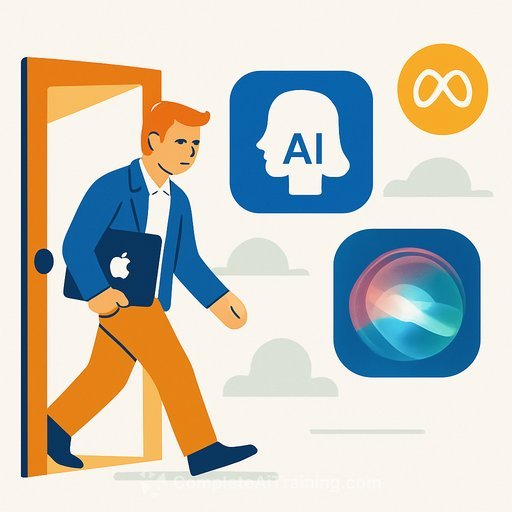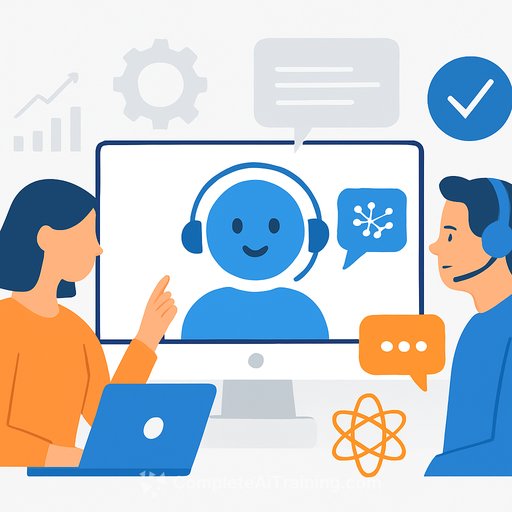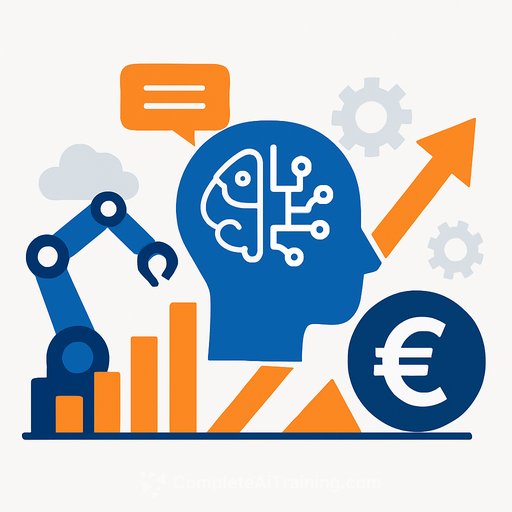Apple's Ke Yang heads to Meta: implications for web-integrated AI assistants
October 16, 2025 - Cupertino / London. Apple's senior AI lead Ke Yang is leaving for Meta. Yang recently took charge of Apple's Answers, Knowledge and Information (AKI) team, which has been pushing Siri toward web-aware behavior similar to ChatGPT pulling live information. The move signals potential shifts in how both companies approach AI that bridges large models and the open web.
Why this matters for technical teams
- Apple's AKI direction: AKI has been central to Siri's web retrieval and answer synthesis. Leadership changes here can affect timelines for Siri's internet-connected features, query routing, and quality guardrails.
- Meta's opportunity: Meta can pair Yang's search and retrieval expertise with its social graph, messaging footprint, and foundation models to push more context-aware assistants across Facebook, Instagram, and WhatsApp.
- Talent as strategy: Senior AI leadership shifts often precede product pivots, budget reallocation, or new partnership models.
- Competitive pressure: Google and Amazon maintain strong assistant ecosystems; any slowdown at Apple or acceleration at Meta will be visible in feature velocity and user retention.
Technical implications to watch
- Retrieval + generation (RAG): Expect deeper investment in web retrieval pipelines, source attribution, confidence scoring, and anti-hallucination policies at both firms.
- On-device vs. cloud: Apple's bias for on-device privacy may challenge real-time web lookups, while Meta can lean on cloud inference at scale. Hybrid designs (on-device intent + cloud retrieval) are likely.
- Latency and cost: Live web grounding requires fast crawling/proxy layers, caching, and aggressive ranking to keep token budgets and response times in check.
- Safety and compliance: Web-grounded answers need strict filtering (malware, misinformation, harmful content) and region-specific policy enforcement.
Apple outlook
Apple has long integrated AI to improve user experience. Losing a key leader in AKI could delay some Siri web features or force a re-prioritization. Expect emphasis on privacy-preserving retrieval, tighter iOS frameworks for third-party integrations, and potential external partnerships to fill gaps.
Meta outlook
Meta can plug Yang's expertise into products where conversational AI and social context meet: messaging, feeds, and creator tools. Watch for faster improvements in answer quality, personalization, and multi-modal assistants inside Meta apps.
What to monitor next
- Siri feature drops: Any new web-grounded capabilities, source citations, and developer-facing APIs.
- Meta assistant updates: Upgrades across WhatsApp/Instagram/Facebook, especially for search, recommendations, and agentic workflows.
- Hiring patterns: Follow-on recruits in retrieval, ranking, evaluation, and privacy engineering at both companies.
- Partnerships: Search alliances, browser integrations, or content licensing that improves grounding quality.
Practical steps for engineering leaders
- Prototype RAG pipelines with strict source whitelists, freshness checks, and citation policies.
- Benchmark hybrid setups (on-device intent detection, cloud retrieval/generation) for P95 latency and token efficiency.
- Stand up red-teaming and safety filters tuned for web-grounded content; log and audit all external calls.
- Invest in evaluation: automated fact-checkers, human rating loops, and regression suites for answer consistency.
- Plan data governance early: user consent, retention boundaries, and region-aware routing.
Industry context
Competition with Google Assistant and Amazon Alexa puts pressure on time-to-quality for web-connected assistants. Any slowdown at Apple or acceleration at Meta will surface in daily active use, session length, and developer adoption of assistant APIs.
Further reading: Apple Machine Learning Research * Meta AI Blog
Upskilling your team for web-grounded AI? Explore focused tracks on leading ecosystems: AI courses by leading companies
Your membership also unlocks:






